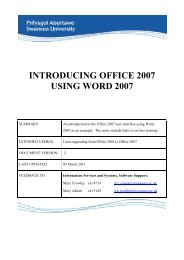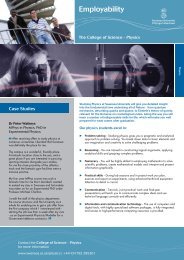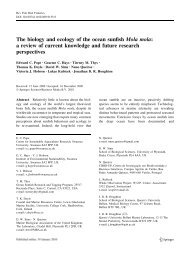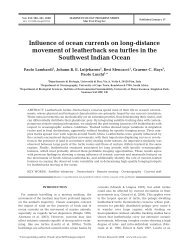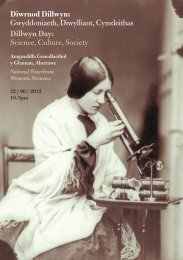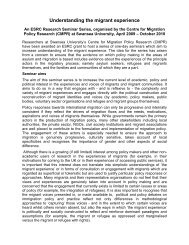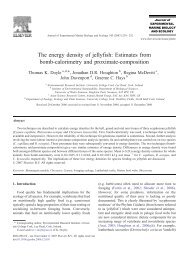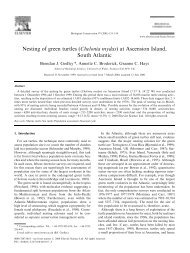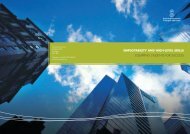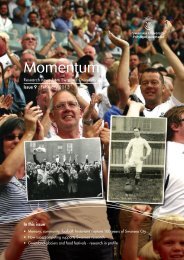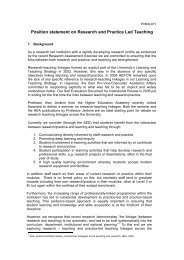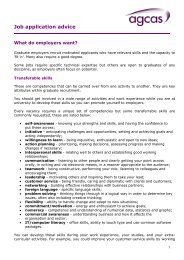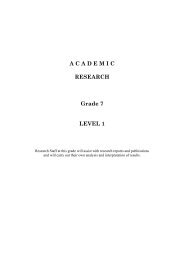ESRC Seminar Series - Briefing Paper 5 - Swansea University
ESRC Seminar Series - Briefing Paper 5 - Swansea University
ESRC Seminar Series - Briefing Paper 5 - Swansea University
Create successful ePaper yourself
Turn your PDF publications into a flip-book with our unique Google optimized e-Paper software.
Referring to her own experience as a CR, Marcianne made a number of recommendations<br />
as to how academics could work with CRs in order to acknowledge their contribution and<br />
enhance their future opportunities. These included:<br />
• Build CRs into projects – as named researchers;<br />
• Give CRs the opportunity to contribute to the whole process;<br />
• Don’t assume that CRs can ONLY interview their peers;<br />
• Pay them at the same rate as other researchers;<br />
• Help them to develop their careers;<br />
• Think about how to support them i.e. developing a community research enterprise;<br />
• Credit CRs in the report; and<br />
• Work with CRs to disseminate findings and find new ways to disseminate.<br />
Marcianne concluded by presenting some of the findings and outcomes of the project in<br />
order to illustrate the distinctive value of using CRs, which she summarized as:<br />
• New insights – different perspective, powerful stories, wider access; and<br />
• Different ways of presenting information to policymakers<br />
Finally, and with regard to outcomes, Marcianne highlighted some of the developments that<br />
had taken place within the core areas of concern identified at the outset of the project.<br />
These include the following:<br />
• ESOL – findings from the research led to a review of ESOL provision in Birmingham;<br />
• Mental Health – a conference, the development of a Mental Health Network and<br />
commitment to providing a ‘one door’ Mental Health Service came about as a direct<br />
result of evidence gathered by CRs;<br />
• Employment – a displaced persons employment project was funded by The Working<br />
Neighbourhoods Fund; and<br />
• Migrant maternity – information regarding migrant women’s experiences of accessing<br />
maternity services was collated in order to inform both policy and practice.<br />
‘Strategies for empowerment: what should we aim for in our networks?’ -<br />
Maryam Pasha, Migrants’ Rights Network<br />
Maryam Pasha began by explaining the history and background that led to the formation of<br />
the Migrants’ Rights Network (MRN). She then described MRNs role and function, outlining<br />
for the group some of MRNs current and future plans and projects. Maryam concluded by<br />
posing some important questions regarding the potential of migrant networks.<br />
According to Maryan, MRN is based on themes and issues identified as being of concern to<br />
migrant community organisations across the country and developed out of a response to a<br />
number of factors including:<br />
• The government’s prevailing perspective, i.e. ‘ managed migration’;<br />
• Questions such as ‘What are migrant rights?’ and ‘What is the role of citizenship?’;<br />
• Examining what was happening locally which led to concerns regarding the variability<br />
across country; and



